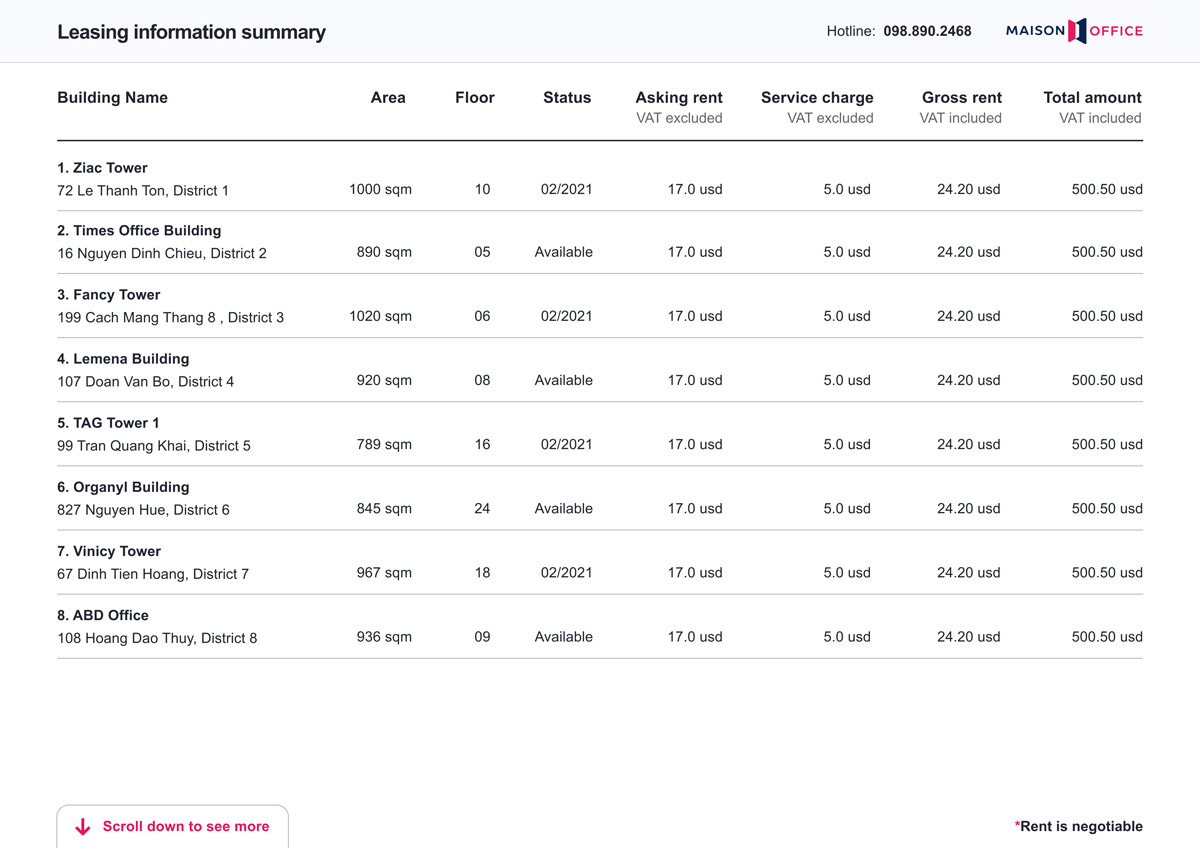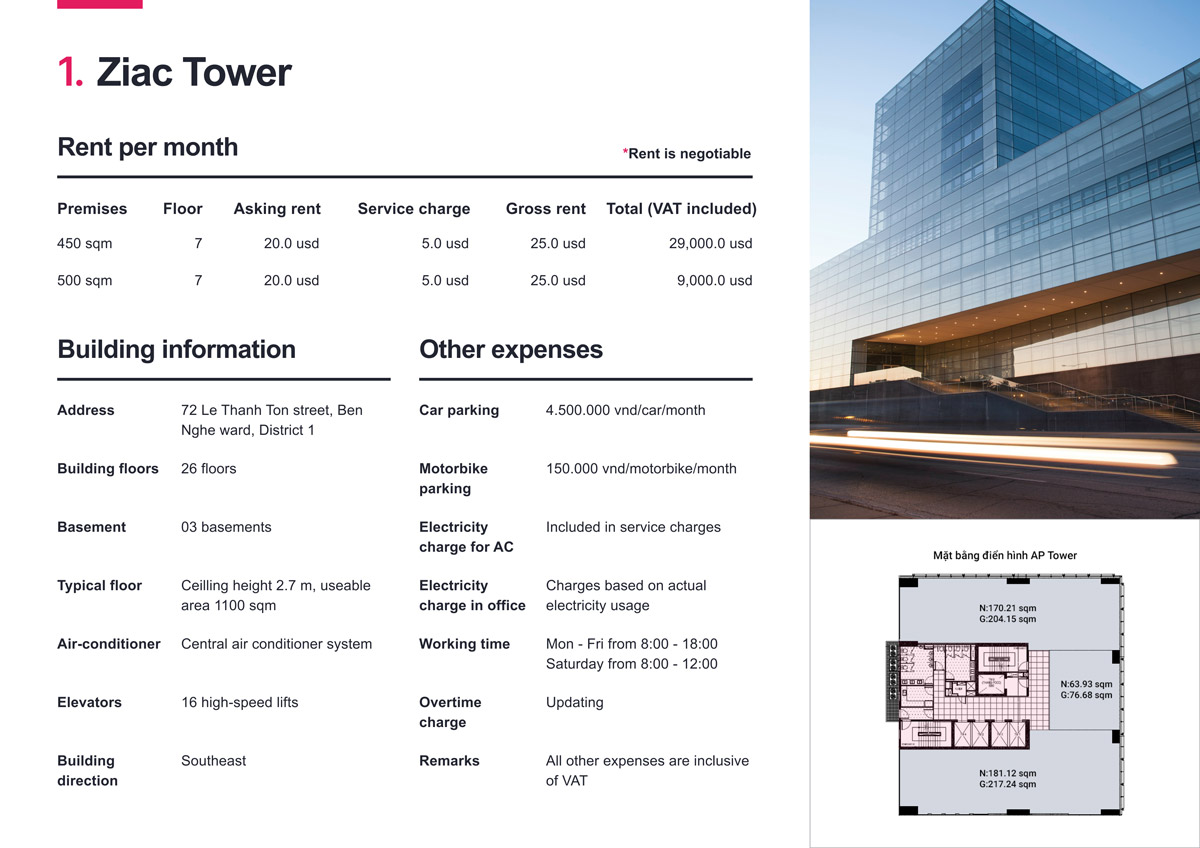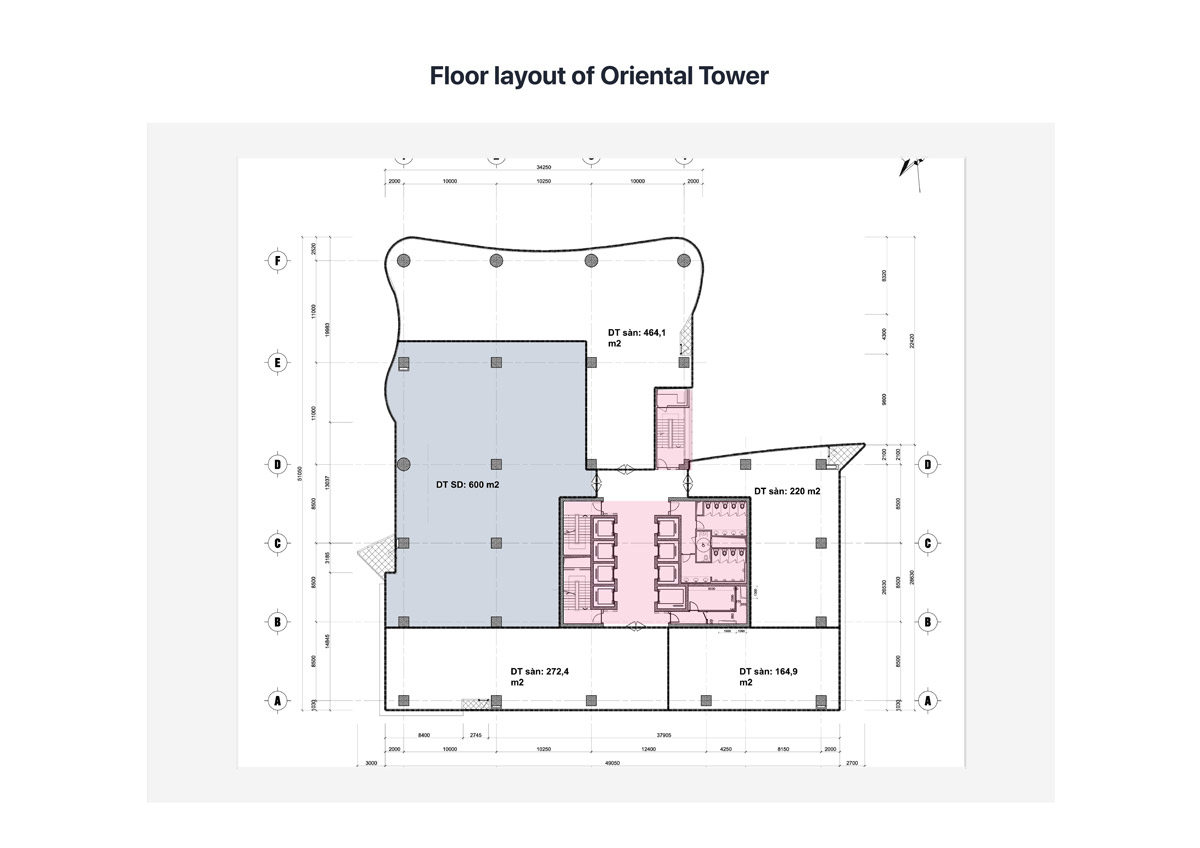How To Set Up A Representative Office In Vietnam: Guide 2025

Vietnam’s thriving economy makes it an ideal destination for businesses to set up a representative office in Vietnam in 2025. A representative office in Vietnam offers a low-risk way to explore the market without profit-making commitments. This guide walks you through the steps to establish a representative office in Vietnam with ease.
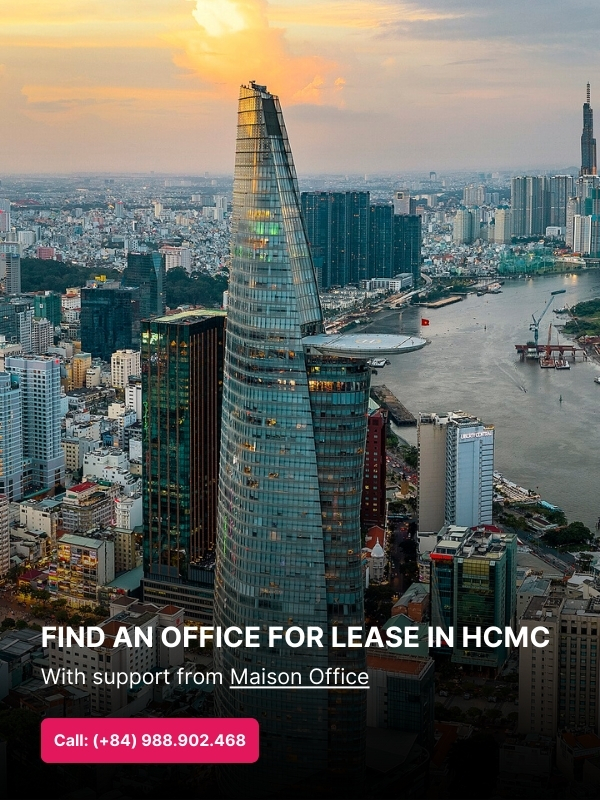 |
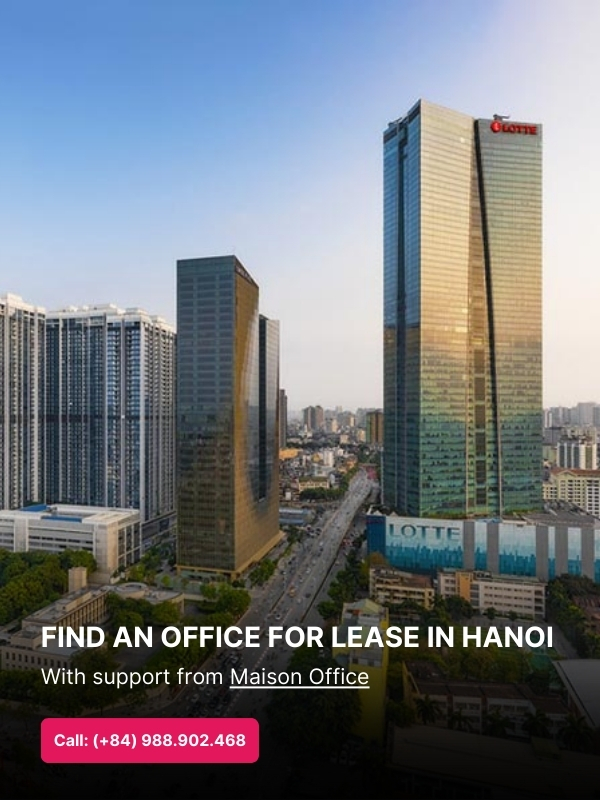 |
Table of Contents
What is a Representative Office in Vietnam?
A representative office in Vietnam, often referred to as a rep office in Vietnam, is a popular option for foreign companies looking to explore the Vietnamese market without fully committing to a commercial entity. Unlike a subsidiary or branch, a Vietnam representative office does not have the legal authority to conduct profit-generating activities such as trading or signing commercial contracts. Instead, its primary role is to act as a liaison, facilitating market research, promoting the parent company’s brand, and managing partnerships in Vietnam.
A representative office in Vietnam is a popular option for foreign companies
Step-by-step process for setting up a representative office in Vietnam
Establishing a representative office in Vietnam is a strategic move for foreign businesses aiming to explore the market without engaging in direct profit-making activities. Often called a rep office in Vietnam, this entity allows companies to conduct market research, promote their brand, and liaise with local partners. Below, we outline the key steps, starting with the eligibility requirements.
Eligibility Requirements
Before you can open a representative office in Vietnam, your company must meet specific conditions set by Vietnamese law. According to Decree No. 07/2016/ND-CP, the following criteria apply when you plan to establish a representative office in Vietnam:
- Operational History: The foreign parent company must have been legally operating for at least one year (or two years in some cases, depending on local regulations) before applying to set up a representative office in Vietnam. This ensures the company has a stable foundation.
- Legal Standing: The parent company must be a recognized legal entity in its home country, with no record of dissolution or bankruptcy.
- Scope of Activities: A Vietnam representative office is restricted to non-profit functions like market analysis and brand promotion—it cannot generate revenue or sign commercial contracts.
Application Form for a Business License
To open a representative office in Vietnam, you’ll need to submit a formal application to the Department of Industry and Trade (DOIT) in the province where your Vietnam representative office will be located. The application form for a business license is a key document when setting up a representative office in Vietnam. According to Decree No. 07/2016/ND-CP, the following elements are required:
- Form No. 01: This standardized form (available from the DOIT or online portals) must be completed with details about the parent company, including its legal name, address, and operational history.
- Supporting Documents: Attach a legalized copy of the parent company’s business registration certificate (valid for at least one year), a letter of appointment for the head of the rep office in Vietnam, and a lease agreement for the office location.
- Accuracy and Legalization: All documents must be translated into Vietnamese, notarized, and legalized by the Vietnamese embassy or consulate in the parent company’s home country.
Submitting a complete and accurate application is essential to establish a representative office in Vietnam within the typical 15-20 working day processing time.
The application form is a key document when setting up a representative office in Vietnam
Submission and Approval Process
Once your application is prepared, the next step to open a representative office in Vietnam is submitting it to the Department of Industry and Trade (DOIT) in the province where your Vietnam representative office will be based. Here’s how the submission and approval process works when setting up a representative office in Vietnam:
- Submission: Submit the completed application package, including Form No. 01, the parent company’s legalized business registration certificate, the head of the rep office in Vietnam appointment letter, and the office lease agreement. All documents must be in Vietnamese or accompanied by notarized translations.
- Review Period: The DOIT typically takes 15-20 working days to review your application, as stipulated by Decree No. 07/2016/ND-CP. During this time, they verify the parent company’s eligibility and the completeness of your submission.
- Approval: If approved, you’ll receive a Representative Office License, officially allowing you to set up a representative office in Vietnam. If revisions are needed, the DOIT will notify you within 7 working days.
One step closer to company formation with approval from the DOIT
Benefits of Establishing a Representative Office in Vietnam
Choosing to establish a representative office in Vietnam offers foreign companies a strategic foothold in one of Southeast Asia’s fastest-growing markets. A representative office in Vietnam, often called a rep office in Vietnam, provides a low-risk, cost-effective way to explore opportunities without diving into full-scale operations.
- Market Entry Made Simple: A Vietnam representative office allows you to conduct market research, understand local consumer behavior, and build relationships with partners—all without the complexities of establishing a profit-generating entity.
- Cost Efficiency: Compared to opening a branch or subsidiary, the process to open a representative office in Vietnam involves lower setup and operational costs, as it doesn’t require capital investment or extensive tax obligations.
- Brand Promotion: Your rep office in Vietnam can promote your parent company’s products, services, and reputation, laying the groundwork for future expansion.
- Regulatory Ease: The process to establish a representative office in Vietnam is straightforward, typically taking 15-20 days after submission to the Department of Industry and Trade, as per Decree No. 07/2016/ND-CP.
With these benefits, setting up a representative office in Vietnam is ideal for businesses testing the waters before committing fully.
Establishing a representative office brings many benefits to businesses
Limitations of a Representative Office
While establishing a representative office in Vietnam offers strategic advantages for foreign companies, it’s important to understand the regulatory limitations associated with this entity type. A rep office in Vietnam is strictly non-commercial and is governed by legal restrictions that define what it can and cannot do.
- No Revenue-Generating Activities: A Vietnam representative office is not allowed to engage in any business activities that generate profit. This includes signing contracts, issuing invoices, or directly selling goods or services within Vietnam. Its function is limited to liaison, market research, and promotional support for the parent company.
- Limited Scope of Operations: The office can only perform a narrow set of functions such as coordinating with local partners, collecting market data, and supporting trade promotion. It cannot provide after-sales service or participate in supply chains.
- No Independent Legal Status: A representative office in Vietnam does not have separate legal status from its parent company. It acts purely as an extension, meaning the parent company is fully liable for all actions conducted by the office.
- Inability to Hire Large Local Teams: Although a rep office in Vietnam can employ staff, the size of the team is usually small and subject to limitations in function and scale. It may not be suitable for businesses planning to build local operations at scale.
Restrictions on Contracts and Banking
The office cannot sign commercial contracts on behalf of the parent company, except those directly related to office operation (e.g., leasing, HR, utilities). It can open a bank account in Vietnam, but usage is limited to internal expenses.
These restrictions make it clear that while setting up a representative office in Vietnam is suitable for market entry and brand-building, it is not a substitute for a commercial entity. Businesses seeking to conduct trading or service activities should consider establishing a limited liability company (LLC) instead.
Legal and Compliance Requirements
Permitted Activities
A representative office in Vietnam is governed by strict legal frameworks that define what it is allowed to do. According to Decree No. 07/2016/ND-CP issued by the Vietnamese government, the permitted activities of a rep office in Vietnam are clearly limited to non-commercial functions that support the parent company’s operations.
- Market Research and Information Gathering: The Vietnam representative office can collect and analyze market data to support business planning for its head office. This includes competitor analysis, industry trends, and customer behavior.
- Trade Promotion and Business Liaison: One of the core functions is facilitating communication between the parent company and local Vietnamese partners or clients. The office may arrange meetings, events, or exhibitions, but it cannot negotiate or sign contracts on behalf of the parent company.
- Monitoring and Coordinating Project: The rep office can monitor the implementation of contracts signed by the parent company with Vietnamese partners, ensuring smooth coordination without participating in execution or fulfillment.
- Non-Transactional Representation: It serves as a legal presence for branding and administrative purposes but is not permitted to issue invoices, generate revenue, or participate in supply chains within Vietnam.
Representative offices need to carefully consider what business activities are permitted
Important Note: Any activity beyond the listed scope is considered a violation and may result in fines or license revocation. Businesses looking to engage in commercial operations must set up a limited liability company instead of a rep office in Vietnam.
Understanding these permitted activities is critical to staying compliant when you open a representative office in Vietnam. Misusing the license can lead to serious regulatory consequences, so it’s essential to operate within the defined legal boundaries.
Employment Considerations
When you set up a representative office in Vietnam, understanding local employment regulations is essential to remain compliant and operate efficiently. While a rep office in Vietnam has limited commercial functions, it is still permitted to hire both local and foreign employees under certain conditions.
- Hiring Local Employees: A representative office in Vietnam can recruit Vietnamese staff to handle administrative, research, or liaison tasks. These employees must be registered with the local Department of Labor, and the office must comply with labor laws regarding contracts, salaries, social insurance, and working conditions.
- Employing Foreign Nationals: The office may also employ foreign staff, including appointing a foreigner as the Chief Representative. However, each foreign employee must obtain a work permit (or work permit exemption, if applicable), and the office must justify the necessity of hiring foreign labor over local talent.
- Labor Contracts & Benefits: The Vietnam representative office is required to sign formal labor contracts with employees, outlining job responsibilities, compensation, and working conditions in line with the Vietnamese Labor Code. It must also fulfill all obligations regarding personal income tax (PIT), health insurance, social insurance, and unemployment insurance contributions.
- Restrictions on Workforce Scope: Since the office is not a revenue-generating entity, staff functions must align with its permitted activities (e.g., research, coordination, liaison). Hiring personnel for roles related to sales, operations, or customer service is prohibited and may result in regulatory penalties.
- Registration and Onboarding Procedures: Upon hiring, all employees must be registered with the Department of Labor. The office must also notify tax authorities and open appropriate payroll accounts.
In short, while opening a representative office in Vietnam provides some flexibility in staffing, it comes with strict labor compliance responsibilities. Proper HR documentation, adherence to labor laws, and correct role assignment are vital to avoid violations and maintain operational legitimacy.
Taxation and Accounting
When setting up a representative office in Vietnam, taxation and accounting obligations are relatively straightforward due to its non-profit nature. Here’s what you need to know for a Vietnam representative office:
- No Corporate Income Tax (CIT): Since a rep office in Vietnam is not permitted to generate revenue or engage in commercial activities, it is exempt from Corporate Income Tax, as confirmed by the General Department of Taxation of Vietnam. Its role is limited to liaison, market research, and promotion.
- Personal Income Tax (PIT): Employees of the representative office in Vietnam, including the chief representative, are subject to PIT on their salaries. The office must withhold and declare this tax monthly or quarterly, per the Law on Personal Income Tax 2007 and its amendments.
- Accounting Requirements: Although a rep office in Vietnam doesn’t require full financial statements like a profit-making entity, it must maintain basic records of expenses (e.g., rent, salaries) funded by the parent company. These records may need to be submitted to tax authorities upon request.
- Tax Declaration: When you open a representative office in Vietnam, you’re required to register with the local tax authority within 10 days of receiving the license and file periodic tax reports, even if no CIT applies.
Annual Reporting Obligations
After you open a representative office in Vietnam, staying compliant means fulfilling annual reporting duties to maintain your Vietnam representative office’s legal status. Here’s what setting up a representative office in Vietnam entails in terms of yearly obligations:
- Submission Deadline: A rep office in Vietnam must file an annual activity report with the Department of Industry and Trade (DOIT) by January 30th each year, as mandated by Decree No. 07/2016/ND-CP. This keeps authorities updated on your operations.
- Report Details: When you establish a representative office in Vietnam, the report must outline key activities like market research, promotional efforts, and partnerships facilitated during the year. It also includes updates on staffing and office location.
- Financial Transparency: Although exempt from profit-based taxes, a representative office in Vietnam must submit expense records (e.g., rent, salaries) funded by the parent company, alongside PIT declarations for employees, to the local tax office.
- Risk of Non-Compliance: Missing these deadlines or providing incomplete data when setting up a representative office in Vietnam can lead to fines ranging from VND 10-20 million or suspension of your license.
Staying compliant means fulfilling annual reporting duties
Meeting these annual reporting obligations is critical to staying compliant and ensuring that your rep office in Vietnam remains in good legal standing. Partnering with a local compliance advisor is highly recommended, especially for companies unfamiliar with Vietnamese regulatory practices.
Setting up a representative office in Vietnam is a strategic move for foreign companies seeking low-risk market entry and brand presence. By understanding the legal framework, compliance obligations, and setup process, your business can establish a strong local foundation.
Once you’ve selected the right company structure, it’s time to choose a strategic location to operate. Maison Office, your trusted commercial leasing agent in Vietnam, offers tailored solutions to help you find the most suitable office for lease in Ho Chi Minh City or office for lease in Hanoi for your new business.











